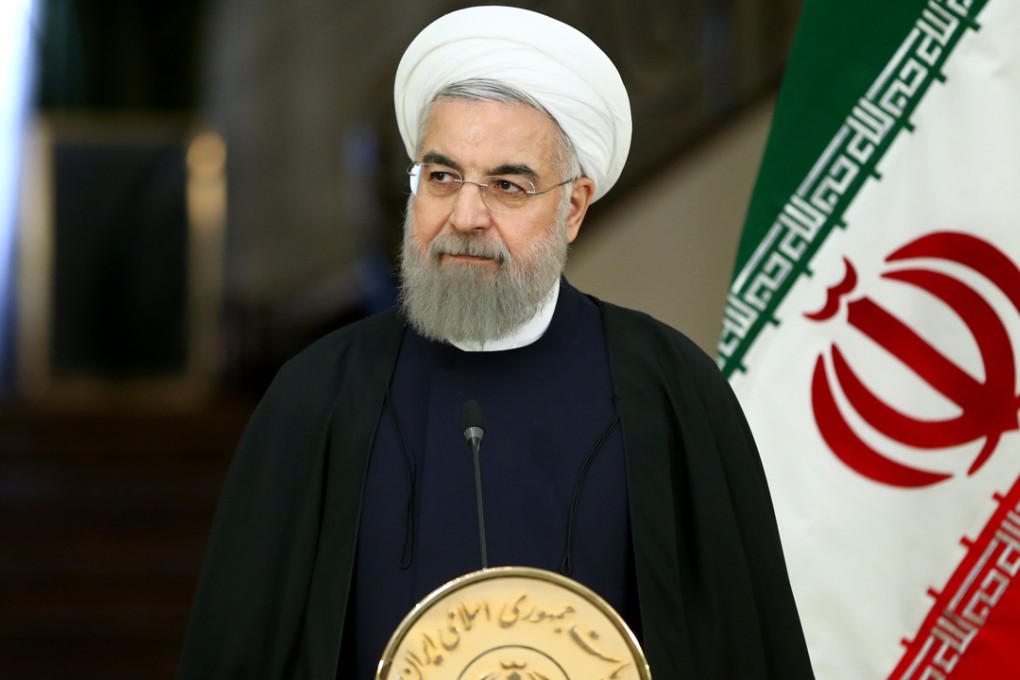Iranian President Hassan Rowhani appears to have strengthened his hand after strong showing by moderates in elections
The election was an important test for Rowhani, who was elected in 2013 to resolve the crisis over Iran’s disputed nuclear programme, which had prompted harsh sanctions and isolated the country’s economy

Moderates were poised for a strong showing as votes were counted Saturday in Iranian parliamentary elections that served as a referendum on the nuclear deal Iran struck with six world powers last year.
Supporters of the deal and of President Hassan Rowhani were expected to pick up more seats in the 290-seat parliament. That could allow Rowhani to pursue further rapprochement with the West, implement some domestic reforms and attract more foreign investment – aims that had been thwarted by conservative hardliners in the previous parliament.
While none of the several competing factions were likely to gain a majority, anti-Western conservatives and their allies were likely to retain control of the legislature – as they have since 2004 – after thousands of moderate candidates were disqualified before the vote.
In preliminary results released late Saturday, two parliamentary candidates allied with Rowhani, Mohammad Reza Aref and Ali Motahari, garnered the most votes in the Tehran constituency, the country’s largest.
Rowhani thanked the people of Iran in a statement and said: “Whatever the results, the reputation of the Islamic Republic of Iran has been enhanced.”
Voters also were selecting the 88-member Assembly of Experts, which chooses the country’s clerical supreme leader. In Iran’s hybrid political system, major decisions rest with that leader, Ayatollah Ali Khamenei.
Depriving the hardliners of one seat in the parliament and Assembly of Experts is better than nothing